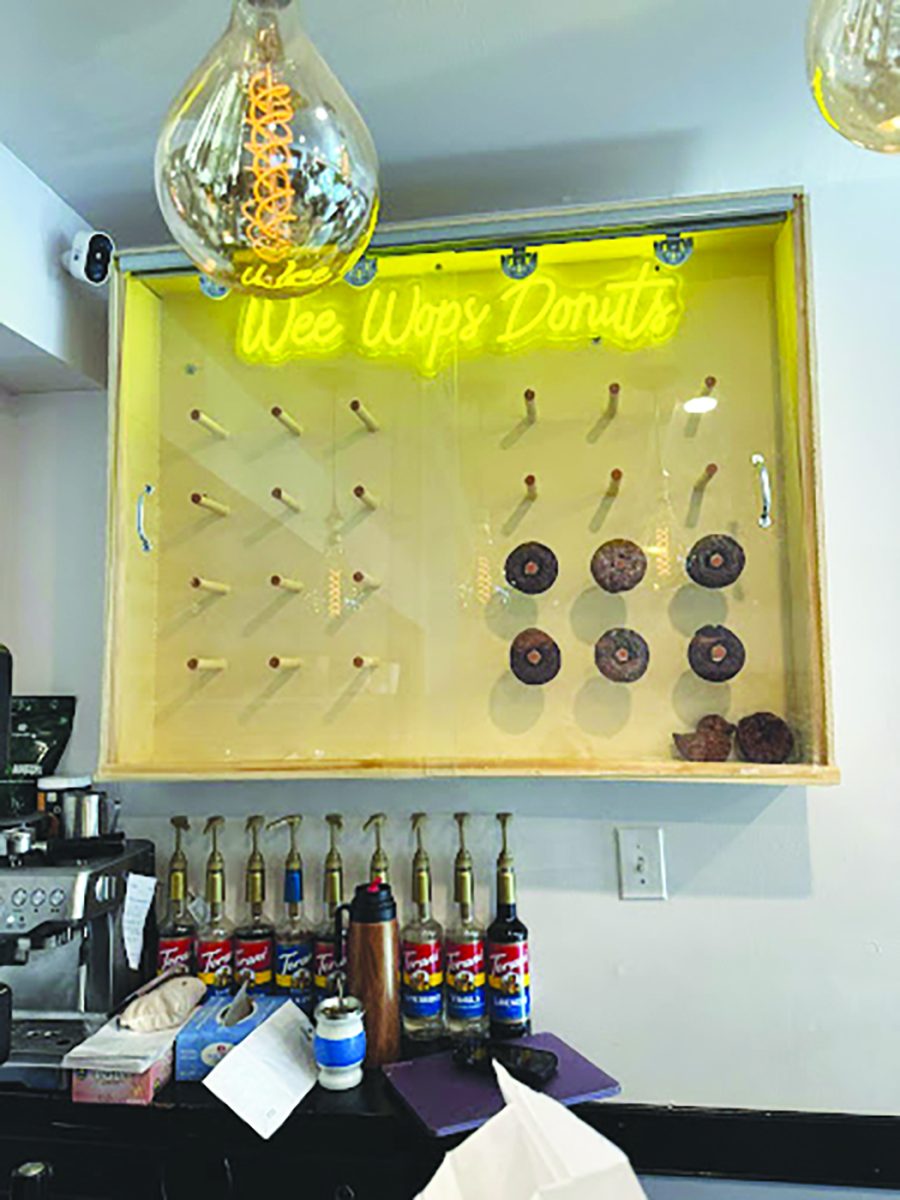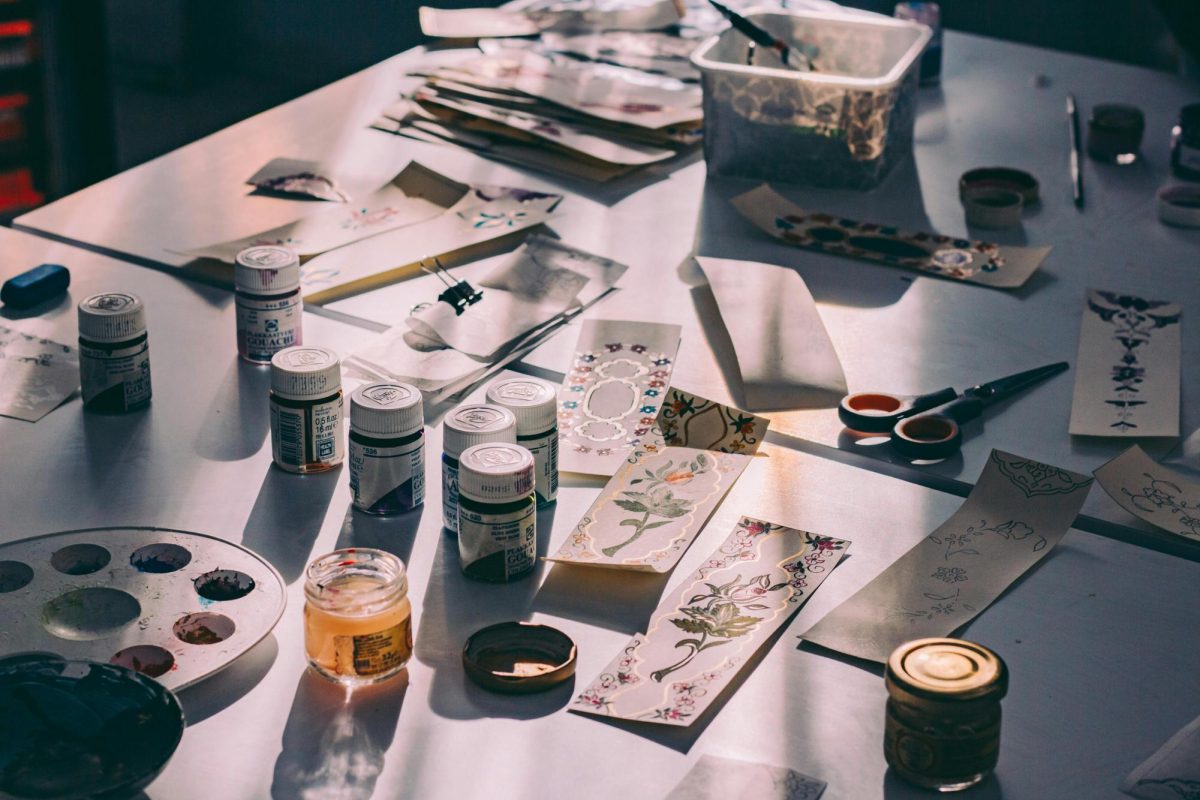The first water bottles were invented in 1622 in the UK and were originally made of ceramic and glass. They were inconvenient for everyday use and mainly used for transporting water over short distances.
People saw the commercial potential of water bottles and began packaging them from the Holy Well and selling them to people who couldn’t make the trip.
In the 20th century, industrialization of plastic revolutionized the water bottle industry. Plastic bottles are lightweight, durable and inexpensive to produce in mass quantities.
These characteristics made plastic bottles the desirable product for consumer consumption in order to stay hydrated better throughout the day. The shift to plastic bottles has had economic and cultural impacts.
Water bottles created more jobs in the industry and the popularity of water bottles had contributed to the global development of water culture. Other positives include making hydration convenient and more accessible.
However, the global use of the plastic bottle has had negative consequences on the environment, which has led towards a shift of sustainable alternatives. Some of the negative impacts include, major pollution of waterways and how plastic bottles take hundreds of years to decompose leading to a long term polluted environment.
The rise of stainless steel bottles is important to reduce the reliance on plastic water bottles and transition to a more sustainable, environmentally friendly alternative. By using stainless steel, not only are the oceans and rivers being protected, but also significantly reduced the amount of landfill waste.
“By using a reusable water bottle, you could prevent an average of 156 plastic bottles from filling our oceans annually,” inspire clean energy said.
In recent years, there has been an enormous shift to stainless steel water bottles because they can be used for many years without having to be replaced. They are also safe and non-toxic, as they do not contain chemicals that can leach into waterways contaminating the drinking water.
As the demand for stainless steel water bottles continues to expand the creation of many brands of these water bottles emerged. Brands such as Owala, Stanley and Yeti are three of the most prominent, well known brands of the 21st century.
These brands all have their own unique style when it comes to the production of these stainless steel bottles.
The transition to stainless steel bottles has been revolutionary in the water culture industry as more brands are shifting to the use of stainless steel.

























